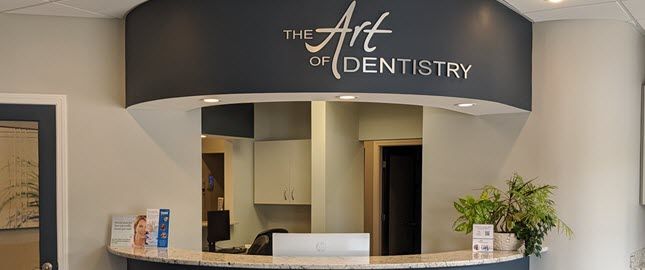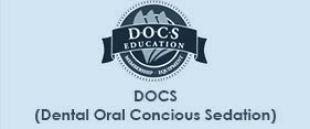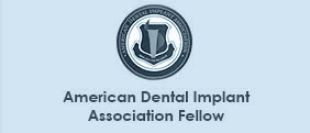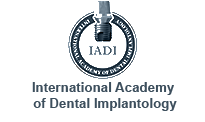






Achieving quality dentistry for life
Crowns Or Bridges
You have just had some crowns or fixed bridges cemented onto your teeth. They will replace your missing tooth structure or missing teeth very well and should give you years of service if you will observe the following suggestions:
- Chewing: Do not chew hard foods on the restorations for 24 hours from the time they were cemented. The cement must mature for about 24 hours to have optimum strength.
- Sensitivity: Do not worry about mild sensitivity to hot or cold foods. It will disappear gradually over a few weeks. Infrequently, sensitivity lasts longer than six weeks. Please tell us if this occurs.
- Aggressive Chewing: Do not chew ice or other hard objects. Avoid chewing very sticky foods such as “hard tack” candies because they can remove restorations.
- Preventive Procedures: To provide optimum longevity for your restorations and prevent future dental decay and supporting tissue breakdown, we may recommend some or all of the following procedures:
- Brush with a fluoride-containing toothpaste and floss after eating and before bedtime.
- Swish vigorously for at least 30 seconds daily with one of the following products: (1) Colgate Fluorigard; (2) Johnson and Johnson Act; or (3) Listermint with fluoride (0.05 percent neutral sodium fluoride). The best time is immediately before bedtime.
- Swish vigorously with 0.2 percent neutral sodium fluoride daily before bedtime. (This product requires a prescription from us.)
- Use a 1.1 percent or stronger neutral sodium fluoride. (This product requires a prescription from us and a special tray for fluoride application.)
- Use a Water Pik
- Recalls: Visit us for regular six-month examinations. Often, small problems that are developing around the restorations can be found at an early stage and corrected easily, but waiting for a longer time may require redoing the entire restoration. Inadequate return for examination is the most significant reason for prostheses failure. We will contact you when it is time for your recall appointment.
- Problems: If any of the following conditions occur, contact the office immediately to avoid further problems:
- Movement or looseness in the restoration.
- Sensitivity to sweet foods.
- A peculiar taste from the restoration site.
- Breakage of a piece of material from the restoration.
- Sensitivity to pressure.
We have done our very best to provide you with the finest quality oral restorations available today. However, as with a fine automobile or watch, only your continuing care and concern can assure optimum service longevity. Thank you.











